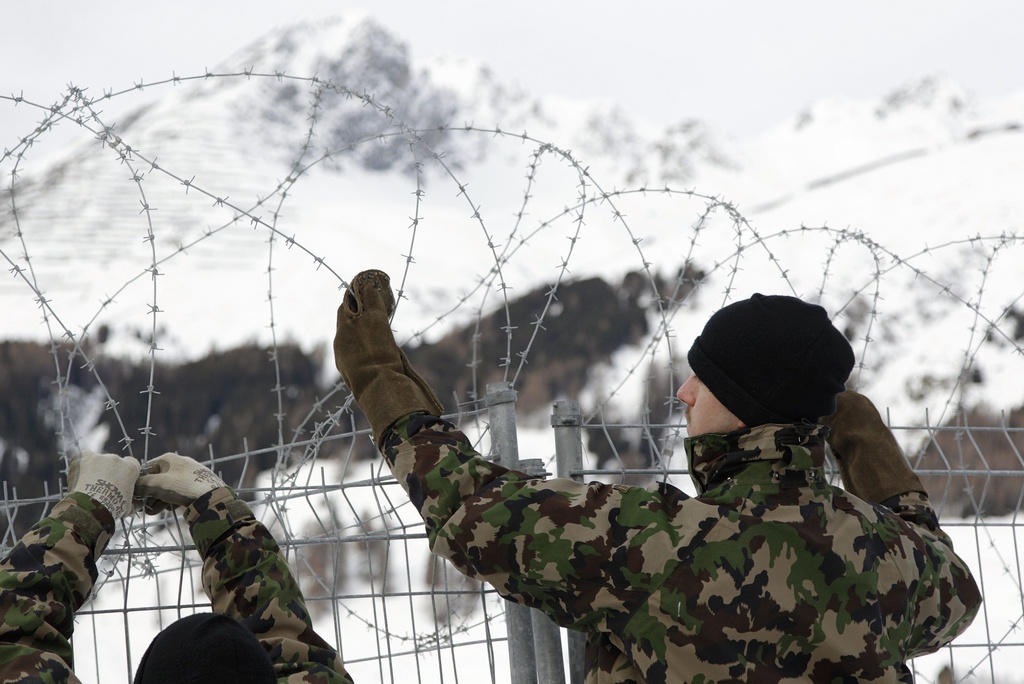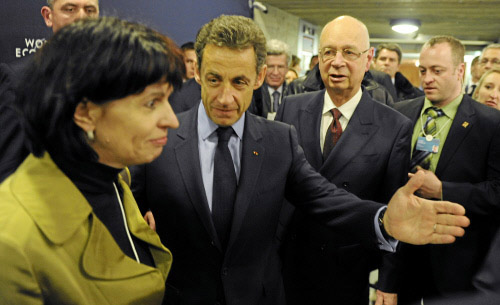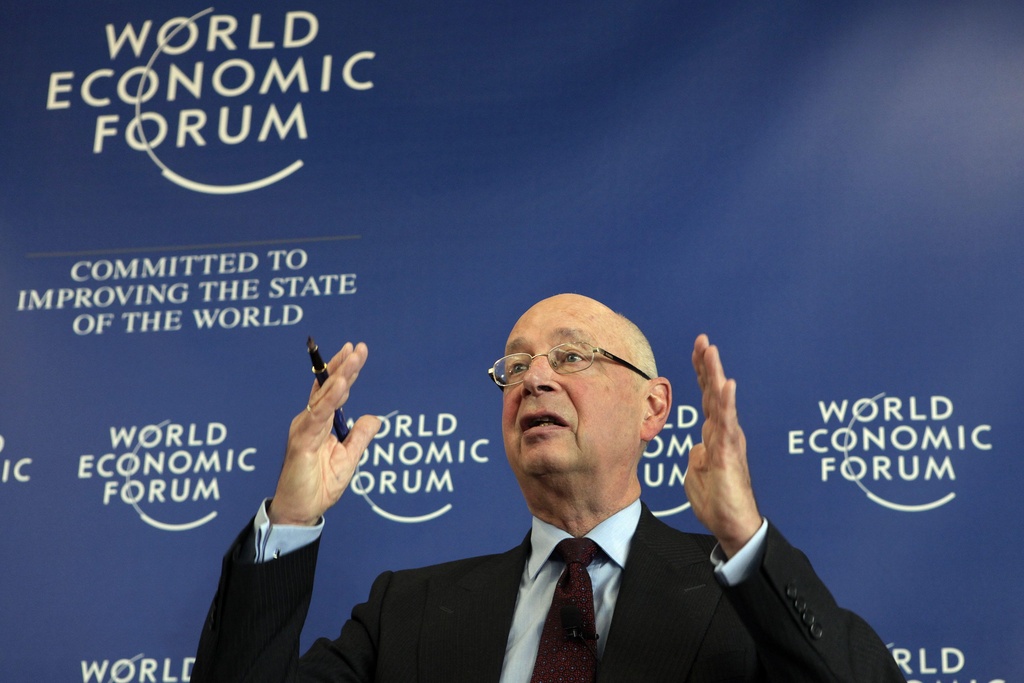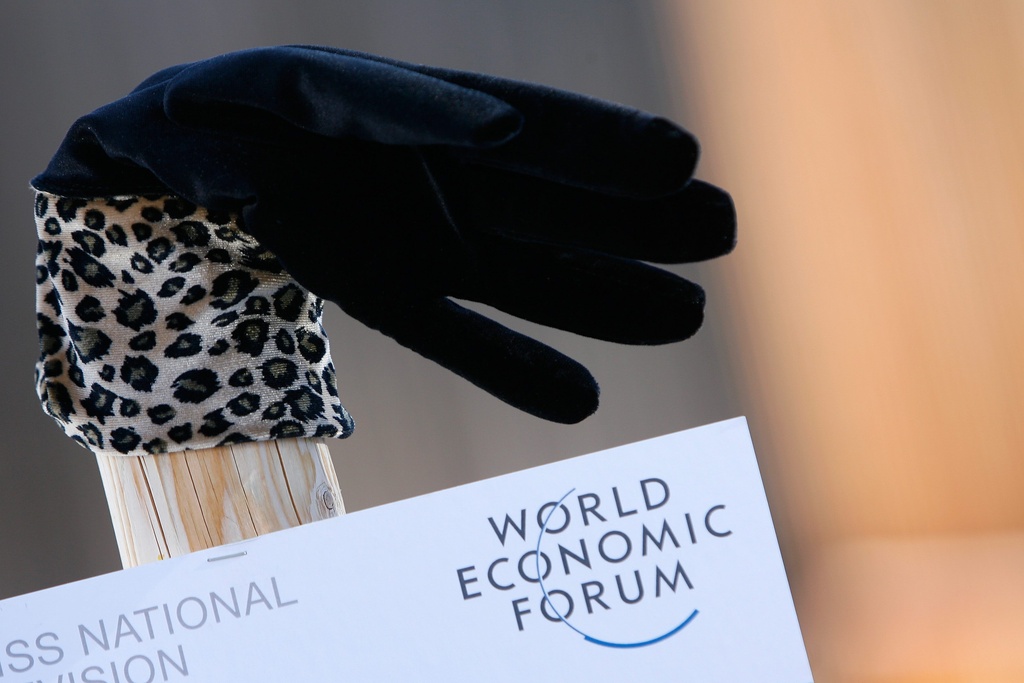WEF focuses on the changing reality

The World Economic Forum (WEF) is taking a more proactive approach to identifying risks and potential solutions in an increasingly volatile environment.
The 41st WEF annual meeting in Davos takes place this month against a backdrop of growing division between countries intent on either finding their own way out of economic difficulties or boosting future growth.
The continued rapid growth of emerging economies contrasts with the crippling debt burdens and period of austerity for Western nations. This phenomenon is rebalancing the economic, and perhaps political, share of power in the world.
It has also created volatility among the world’s currencies and tensions between countries pursuing different economic, political and social objectives.
“The world has never been confronted with so many complex challenges at the same time,” said WEF founder Klaus Schwab. “We are living in a new kind of reality, so what we want to know is: ‘what is this reality?’”
Medvedev uncertainty
Tom Malnight, professor of strategy and general management at the IMD business school in Lausanne is also convinced that the winds are changing.
“The pace of change is occurring faster from year to year and there are much bigger swings happening right now than in the past,” he told swissinfo.ch. “This change is much more fundamental than the financial crisis.”
Some 2,500 movers and shakers in the worlds of politics, business and civil society will once again descend on the Swiss mountain resort of Davos to attempt to unravel the many converging and conflicting pressures facing the world.
Russian President Dimitri Medvedev had been set to top the bill in an impressive cast of political leaders, but on Monday he delayed his flight to Davos following the deadly explosion at Moscow’s main airport. But on Tuesday it was confirmed that he would give the opening speech on Wednesday after all.
Other leaders who will attend include British Prime Minister David Cameron, South African President Jacob Zuma, German Chancellor Angela Merkel and French President Nicolas Sarkozy.
They will rub shoulders with industrial, financial and economic gurus, representatives of non-governmental organisations and pressure groups and a welter of personalities from the arts, religion, media and science.
Talking shop?
“All these problems can only be solved by getting these people together around one table,” André Schneider, WEF managing director for 12 years until he stepped down in 2010, told swissinfo.ch.
“Each time they meet there is an advance – it does not always go as quick as some people would like – but it’s moving ahead. That is due to the fact that at such a meeting people can talk openly without the pressure of having to take a final decision.”
WEF has faced much criticism over the years for failing to come up with evidence that it is making a difference. Critics deride the meeting as a talking shop or a platform for business tycoons to get together and strike deals.
Two years ago, at the height of the financial crisis, delegates were told to put an end to cocktail parties and lavish dinners and instead roll up their sleeves to provide solutions to problems.
This year, Schwab is also committed to pushing WEF further towards the decision making table by grabbing the attention of the G20 – the group of most influential countries that are increasingly assuming the role of global policy makers.
“We want to make a strong contribution to the G20 process,” said Schwab, adding that the WEF model of pulling together stakeholders from different realms of society should be at least partly adopted by the world’s most powerful political club.
Growth model
Schwab added that he will use the Davos meeting to lobby French President Sarkozy about this proposal.
WEF also introduced a Risk Response Network in December, a system that will harness some 600 experts from a range of different fields to help spot the most pressing dangers to global stability and seek to provide a rapid response before they spiral out of control.
Besides identifying the problems listed above, WEF’s annual global risks report has also singled out corruption, scarcity of water and other commodities, cyber security, high population growth and nuclear/biological weapons as the main threats facing society.
“When I joined WEF in November 1998 the organisation had less than 90 employees and annual revenues of SFr50 million,” André Schneider told swissinfo.ch. “Today the forum has over 400 employees, with important offices in the US, China and Japan, and annual revenues worth four times as much.”
“In those 12 years we developed from something quite annual-meeting focused to something that developed initiatives and ideas that came up in meeting discussions.”
The World Economic Forum started life as the European Management Forum in 1971.
Formed by German-born businessman Professor Klaus Schwab, it was designed to connect European business leaders to their counterparts in the United States to find ways of boosting connections and solving problems.
It is a non-profit organisation with headquarters in Geneva and is funded by the varying subscription fees of its members.
The forum took its current name in 1987 as it broadened its horizons to provide a platform for finding solutions to international disputes. WEF claims to have helped calm disputes between Turkey and Greece, North and South Korea, East and West Germany and in South Africa during the apartheid regime.
WEF conducts detailed global and country specific reports and conducts other research for its members. It also hosts a number of annual meetings – the flagship being Davos at the beginning of each year.
In 2002, this meeting was moved to New York for a one-off change of venue to support the city following the 9/11 terrorist attacks of the previous year.
Davos has attracted a number of big names in the world of business, academia, politics and show business. These include: Nelson Mandela, Bill Clinton, Tony Blair, Bono, Angela Merkel, Bill Gates and Sharon Stone.
As the forum grew in size and status in the 1990s, it attracted rising criticism from anti-globalisation groups, complaining of elitism and self-interest among participants.
The 2011 Davos meeting takes place from January 26 to 30 and will attract 2,500 delegates from 90 countries.

In compliance with the JTI standards
More: SWI swissinfo.ch certified by the Journalism Trust Initiative




You can find an overview of ongoing debates with our journalists here. Please join us!
If you want to start a conversation about a topic raised in this article or want to report factual errors, email us at english@swissinfo.ch.